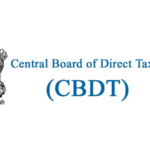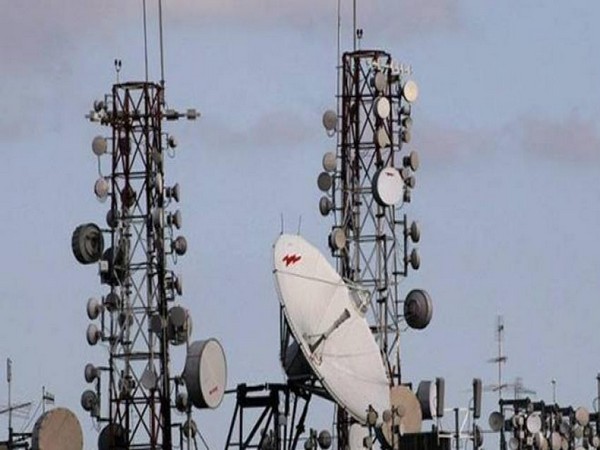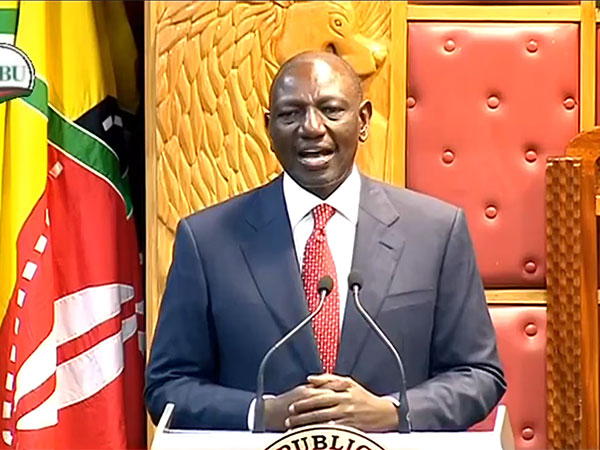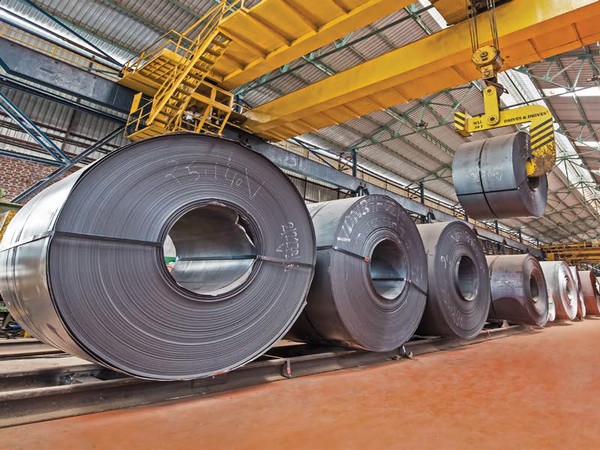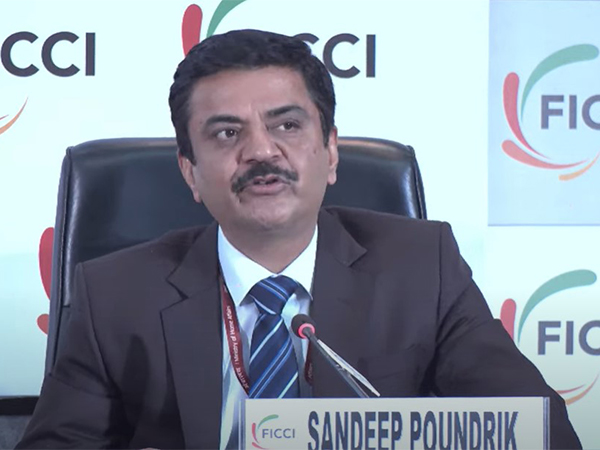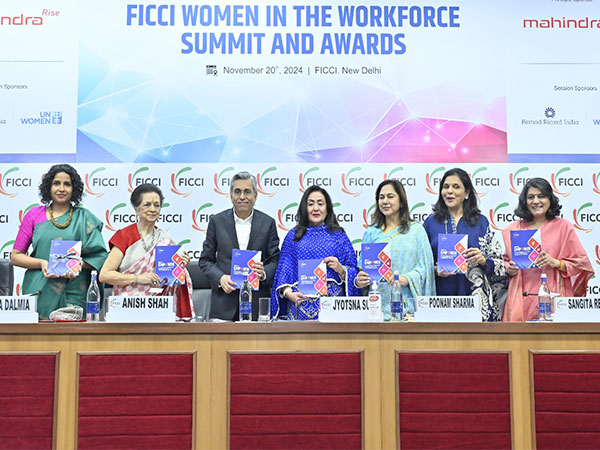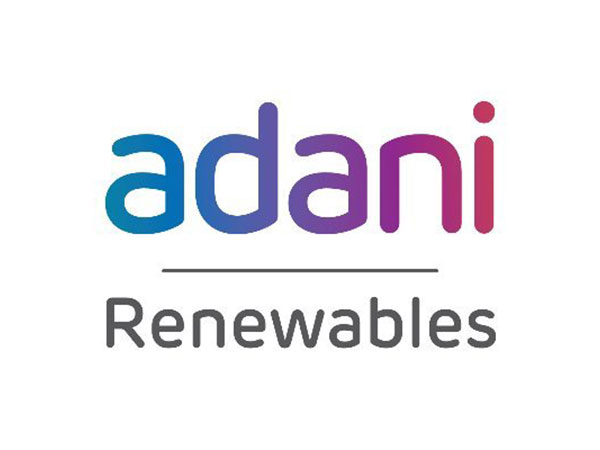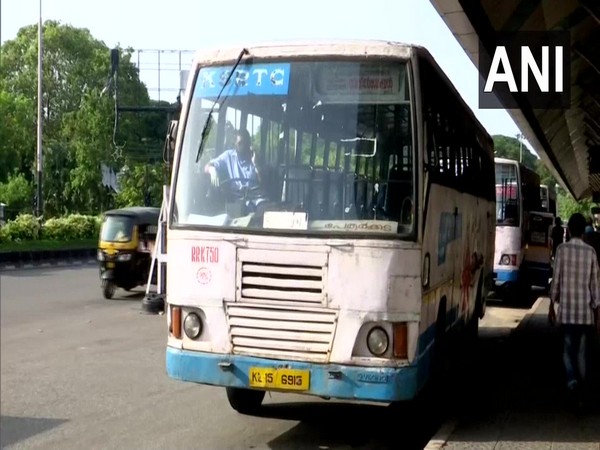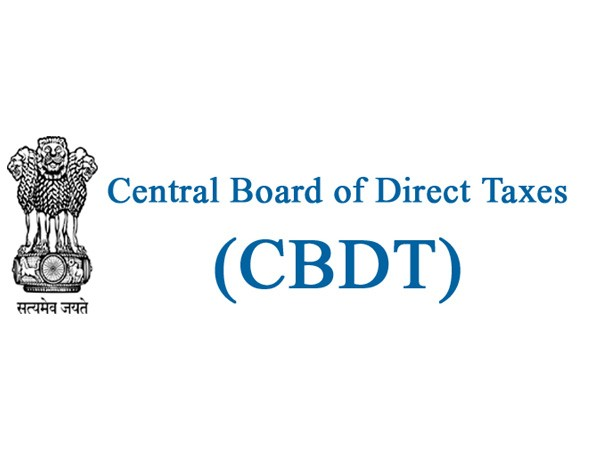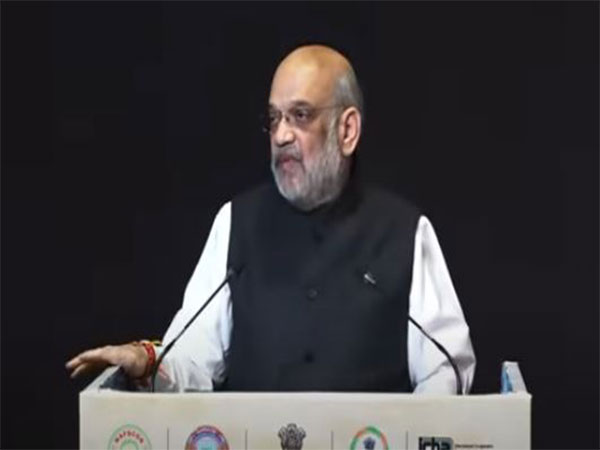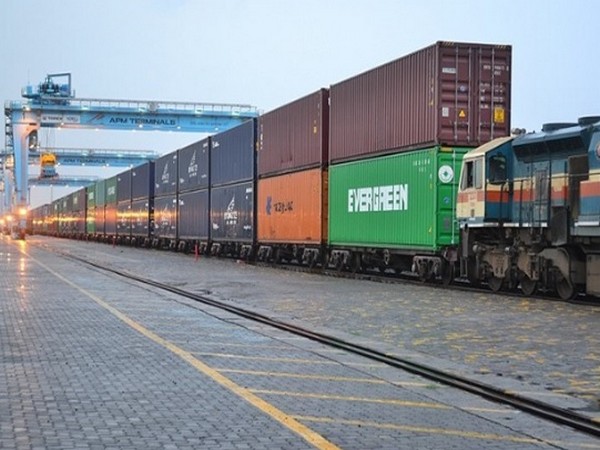
New Delhi [India], October 30 (ANI): Rating agency CareEdge Ratings on Sunday said it expects container rail volumes to grow at a healthy compounded annual growth rate (CAGR) of 15.60 per cent for the financial year 2021-2022 (FY2022) to for the financial year 2024-2025 (FY2025) with steady improvement in rail-coefficient to 31 per cent.
In this report, CareEdge Ratings has analysed the imminent shift in the mode of freight movements from roadways to railways and the underlying factors facilitating the transition. A dedicated freight corridor will boost the modal shift from road to rail, the rating agency reported. Container cargo transported through railways (rail volumes) grew by a healthy year-over-year rate of 17.63 per cent to 74.38 million tonne (mt) during FY22 as compared to 12.51 per cent growth in overall container cargo volumes, according to CareEdge Ratings.
The rail co-efficient also expanded by 115 basis points (bps) to 26.70 per cent during FY22, mainly supported by partial connectivity of the dedicated freight corridor (DFC) with Mundra and Pipavav ports on the western coast, the rating agency said, adding that this marks the beginning of the modal shift from roads to rail.
The rail coefficient, which means the percentage of freight carried by rail over the total availability which itself is calculated as a sum of internal production plus imports, is an index of the market share of the railways in the industry.
CareEdge Ratings in its study noted that transit assurance under DFC with a reduction in transit period by 40-50 per cent for some of the routes shall accelerate this transition. Based on estimates, inventory carrying cost constituted 43 per cent of the overall cost of logistics. Thus, a significant reduction in transit duration was expected to help in achieving just-in-time-based inventory management, thereby boosting the cost competitiveness of domestic goods, the rating agency said.
The government allowed the transportation of bulk cement through containers in FY22 and the rating agency claimed that it shall boost rail volume growth for containers and could add incremental annual volumes of 10-12 mt by FY25. Thus rail volumes are expected to be buoyant due to DFC benefits and cargo diversification in container volumes.
The rating agency also said land lease policy to improve privatisation prospects and aid multimodal logistics. Higher land lease payment to Railways is one of the hurdles for the rail logistics segment. However, in September 2022, the Union Cabinet approved a reduction in the railway land lease fee from 6 per cent of the market rate of land per acre to 1.5 per cent.
The lease period has also been extended from the prevailing period of five years to 35 years. The new railways land lease policy, the agency said, is also a positive catalyst for the privatisation of the rail logistics sector and the development of 300 cargo terminals which is in line with PM Gati Shakti framework.
The rating agency said the development of the Unified Logistics Interface Platform (ULIP) allows data exchange among stakeholders, which will improve work efficiency in the logistics sector by providing real-time information to all stakeholders and thus strengthen India’s international competitiveness. (ANI)
